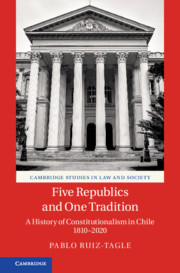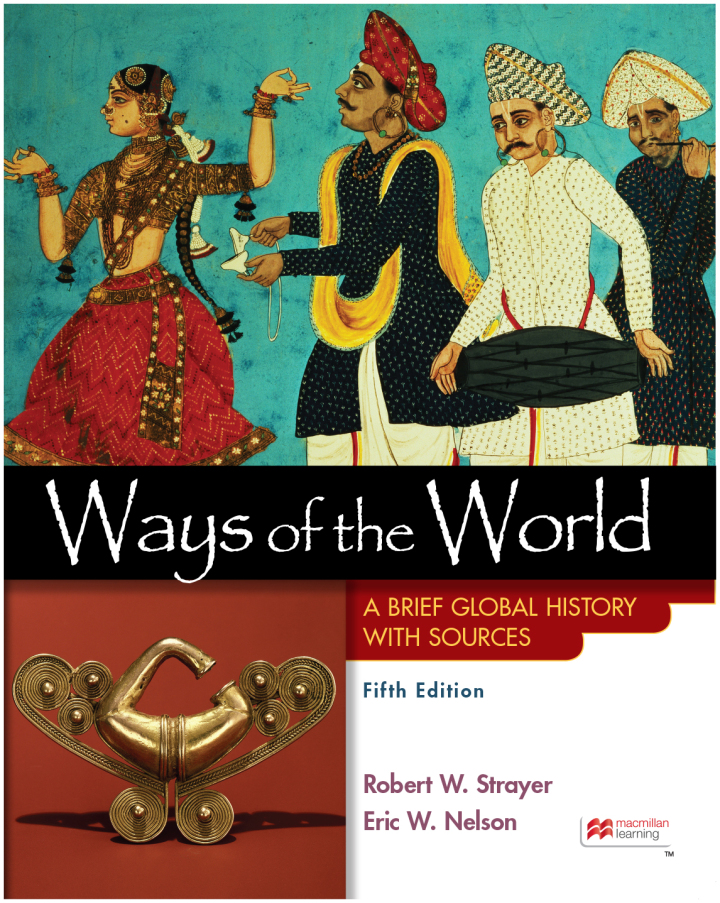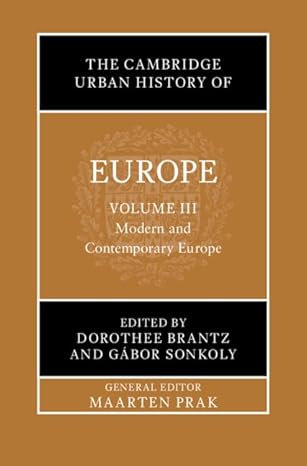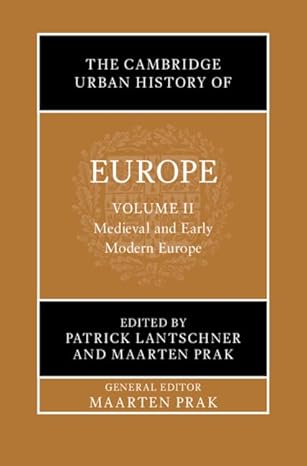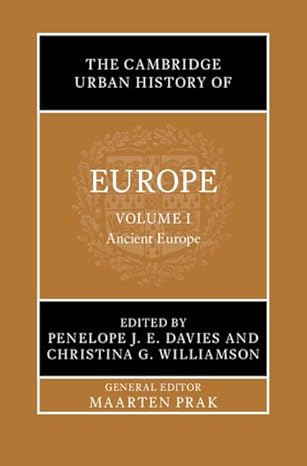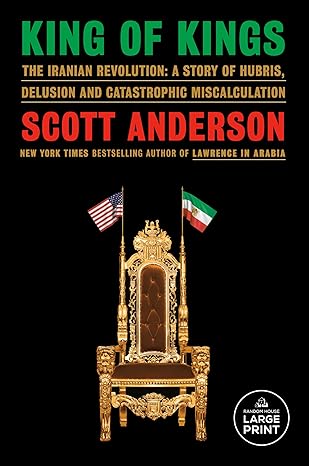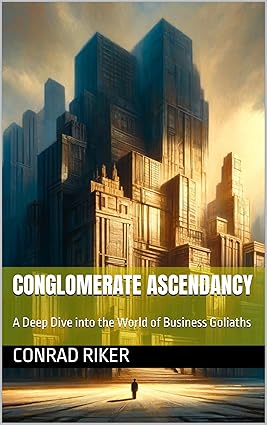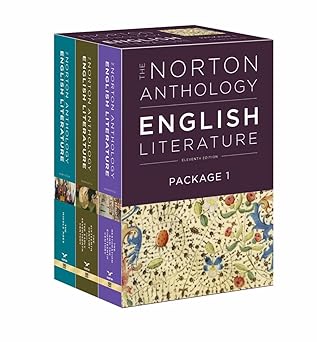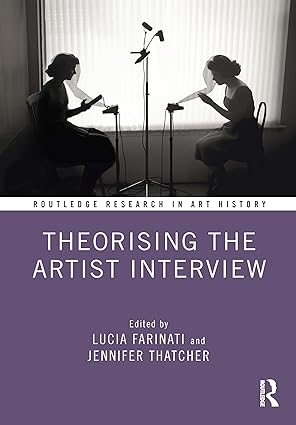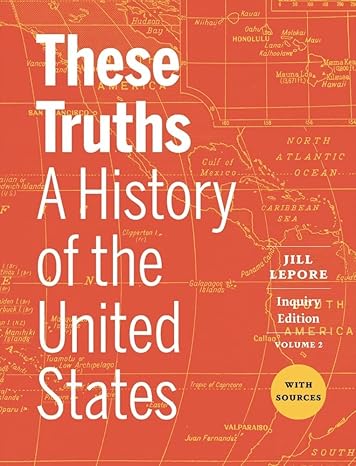مانند بسیاری از کشورهای جهان، شیلی نیز در حال گذراندن یک لحظه سیاسی است که ماهیت دموکراسی و نهادهای سیاسی و حقوقی آن به چالش کشیده شده است. پابلو روئیز تاگل، محقق ارشد حقوقی شیلیایی و مورخ قانون اساسی، تحلیلی تاریخی از تغییرات قانون اساسی و بحران دموکراتیک در شرایط کنونی با تمرکز بر قانون اساسی شیلی ارائه می دهد. او تحلیل مقایسه ای از سازمان و عملکرد دولت، ساختار حقوق و عوامل سیاسی اصلی که در هر مرحله از تاریخ مشروطه شیلی شرکت داشتند ارائه می دهد. شیلی یک مطالعه موردی قدرتمند از یک کشور آمریکای لاتین است که چندین تهدید برای دموکراسی خود را پشت سر گذاشته است، اما این کشور یک بار دیگر مسیر معتدلی را برای بازسازی سنت جمهوری خواهی قانون اساسی خود دنبال کرده است. این کتاب نه تنها اولین مطالعه جامع تاریخ مشروطه شیلی به زبان انگلیسی از قرن نوزدهم تا امروز است، بلکه دفاع قدرتمندی از ارزشهای دموکراتیک است.
چکیده فارسی
مانند بسیاری از جهان، شیلی نیز در حال گذراندن یک لحظه سیاسی است که ماهیت دموکراسی و نهادهای سیاسی و حقوقی آن به چالش کشیده شده است. پابلو روئیز تاگل، محقق ارشد حقوقی شیلیایی و مورخ اساسی، تحلیلی تاریخی از تغییرات قانون اساسی و بحران دموکراتیک در شرایط فعلی با توجه به قانون اساسی شیلی ارائه می دهد. تحلیل مقایسه ای از سازمان و عملکرد دولت، ساختار حقوق و عوامل سیاسی اصلی که در هر مرحله از تاریخ مشروطه شیلی شرکت ارائه می دهد. شیلی یک مطالعه مورد قدرتمند از یک کشور آمریکای لاتین است که تهدیدی برای دموکراسی خود را پشت سر گذاشته است، اما این کشور یک بار دیگر مسیر معتدلی را برای بازسازی سنت جمهوری خواهی قانون اساسی خود دنبال کرده است. این کتاب نه تنها اولین مطالعه جامع تاریخ مشروطه شیلی به زبان انگلیسی از قرن نوزدهم تا امروز، بلکه دفاع قدرتمندی از ارزشهای دموکراتیک است.
ادامه ...
بستن ...
CONTENTS
List of Tables page ix
Introduction 1
Preface to the English Translation 7
Acknowledgments 8
1 Republican Constitutionalism as an Ideal Type
and Tradition and its Alternatives 12
1.1 A Sample of Different Conceptions about Chilean Constitutional Law 21
1.2 The Decadence of Republicanism in the Works of Alberto Edwards
and Jaime Eyzaguirre 22
1.3 The Anti-Parliamentarian Presidentialism of Fernando Campos Harriet 25
1.4 The Liberal Republicanism of Gabriel Amunátegui, Ricardo Donoso,
and Federico Gil 27
1.5 The Authoritarian Republic in the Works of Bernardino Bravo 29
1.6 Chilean Constitutional Originalism and the Expansion of
Administrative Law 32
1.7 The Alternative, Marginal, Social, and Economic Order of Gabriel
Salazar 33
1.8 The Great Latin American Constitutional Comparison of Roberto
Gargarella 35
1.9 The Idea of the Five Republics and Chilean Constitutional Tradition 40
2 First Republic: The Independent Republic, 1810–1830 44
2.1 The Development of Citizenship and Republican Institutions 47
2.2 The Declaration of Independence and the Constitutional
Experiments of 1818, 1822, 1823, and 1826 54
2.3 Consolidation of the First Republic in the 1828 Constitution 60
2.4 The Rise of New Political Agents and the End of the First Republic 67
3 Second Republic: The Authoritarian Republic, 1830–1870 70
3.1 The Dominance of the Executive Function and the Use of States of
Exception 72
3.2 The Debate about the Authoritarianism of Latin America in Bello
and Lastarria 74
3.3 The First Chilean Constitutionalism Compared in Carrasco Albano
and Huneeus 80
3.4 The Structure of Rights and of Constitutional Property Law 85
3.5 The Main Political Agents and the Mutation of the Second Republic 90
4 Third Republic: The Liberal Republic, 1870–1924 93
4.1 The Expansion of the Right to Vote and the New Liberal Political
Atmosphere 94
4.2 The Supremacy of the Legislative Function and the 1891 Civil War 96
4.3 The New Expressions of Chilean Constitutional Law in Roldán and
Letelier 100
4.4 The Relationship between the Social Question and Liberal
Constitutional Republicanism 103
4.5 The New Political Actors and the Coups d’état that Destroyed the
Third Republic 106
5 Fourth Republic: The Democratic Republic, 1932–1973 108
5.1 Presidentialism, the Use of Extraordinary Powers, and the Judgment
of Hans Kelsen 109
5.2 The New Social Constitutionalism and the Subsequent Extension of
Rights 113
5.3 The Social Function of Property and the Agricultural Reform Process 120
5.4 Corporatism, the Growing Foreign Influence, and Militarism 131
5.5 The Statute of Constitutional Guarantees and Salvador Allende’s
Socialist Revolution 133
5.6 The New Political Actors and the 1973 Coup d’état that Destroyed
the Fourth Republic 139
6 The Dictatorial Imposition of Authoritarian
Constitutionalism, 1973–1990 141
7 Fifth Republic: The Neoliberal Republic, 1990 to Date 151
7.1 The New Chilean Constitution that Emerged in 1990 and its
Successive Reforms 152
7.2 The Consolidation of Executive Constitutionalism in Chile 156
7.3 The Chilean System of Government and its Main Characteristics 158
7.4 Historical Evolution of the Chilean Governmental System 165
7.5 The Relationship between the Executive and Legislative
Functions 167
7.6 Legislative Faculties of the President 168
7.7 Non-Legislative Faculties of the President 172
7.8 Controls of the Legislative over the Executive 172
7.9 The Executive–Legislative Relationship in Constitutional Practice 174
7.10 The Imbalance of Powers between the Executive and the Legislative 175
The Imbalance in Technical Capabilities between the Executive
and the Legislative 180
Assessment of Control Mechanisms by the Legislative 186
7.11 The Chilean Government Regime Compared with the
Parliamentarian System 187
7.12 The Chilean Government Regime Compared with the
Semi-Presidential System 189
7.13 The General Conception of the Law and its Comparative Analysis 197
7.14 The Chilean Doctrines Regarding the Right to Property 217
Property as a Fundamental Right and Human Right and its
Relationship with Dignity (UN Universal Declaration of Human
Rights, Articles 5 and 17 and Pact of San José, Article 21) 222
The Guarantee of Access to Property (Political Constitution,
Article 19 No. 23) 225
Constitutional Property Comprises All Types of Assets
(Political Constitution, Article 19 No. 24) 226
The Social Function of Property (Political Constitution,
Article 19 Nos. 24 and 26) 228
The Regulation on Expropriation (Political Constitution,
Article 19 Nos. 24 and 25) 229
Attributes, Faculties and Deprivation, Privation, Disruption, and/or
Threat to Property (Political Constitution, Article 19 No. 24 and
Article 20) 229
The Regulation of Intellectual Property and Other Special
Properties (Political Constitution, Article 19 Nos. 24 and 25) 230
Limits, Obligations, and Collective Interests of Property
(Political Constitution, Article 19 No. 24) 230
The Essential Content of Property (Political Constitution,
Article 19 No. 26) 231
Actions, States of Exception, and Transitional Regulations on
Property (Political Constitution, Articles 20, 43, and 44, and
Second and Third Transitional Regulations) 232
The Jurisprudence of Property: Its Repertoires and Compilations 233
7.15 The Structure and Function of the Legal Guarantees that Protect
Fundamental Rights 238
7.16 Economic, Social, and Cultural Rights and the Social and
Democratic State Governed by the Rule of Law 239
7.17 The Leopard Constitution and the Contradictions of the Fifth
Republic 253
8 The Most Recent Chilean Constitutional Moment
and its Content 258
8.1 The Reasonable Exercise of Constitutional Constituent Power
in Chile 260
8.2 Control of Constituent and Destituent Powers, and
Constitutional Mutation 264
8.3 Participation and Representation in the Chilean Constituent Process 270
8.4 The Lessons We Can Learn from Previous Republican Experiences 275
Afterword 279
Annex: Agreement for Social Peace and a New Constitution (2019) 282
Bibliography 285
Index 298
TABLES
6.1 Comparison of de facto Decrees of 1932 and 1973 page 142
7.1 Proposals of President–Congress flexibilization 193
7.2 Fundamental rights in the 1833 and 1925 Constitution
and the Declaration of Human Rights and other treaties 208
7.3 Constitutional actions that protect fundamental rights,
and their main characteristics 240
8.1 Summary of the citizens’ participation process 272
ادامه ...
بستن ...
